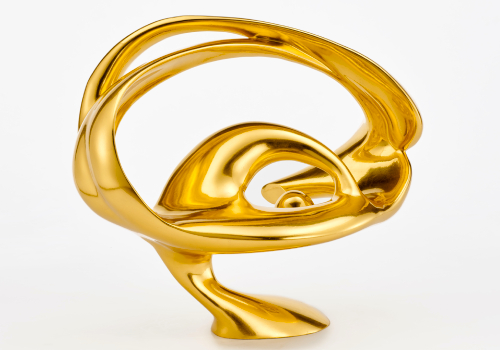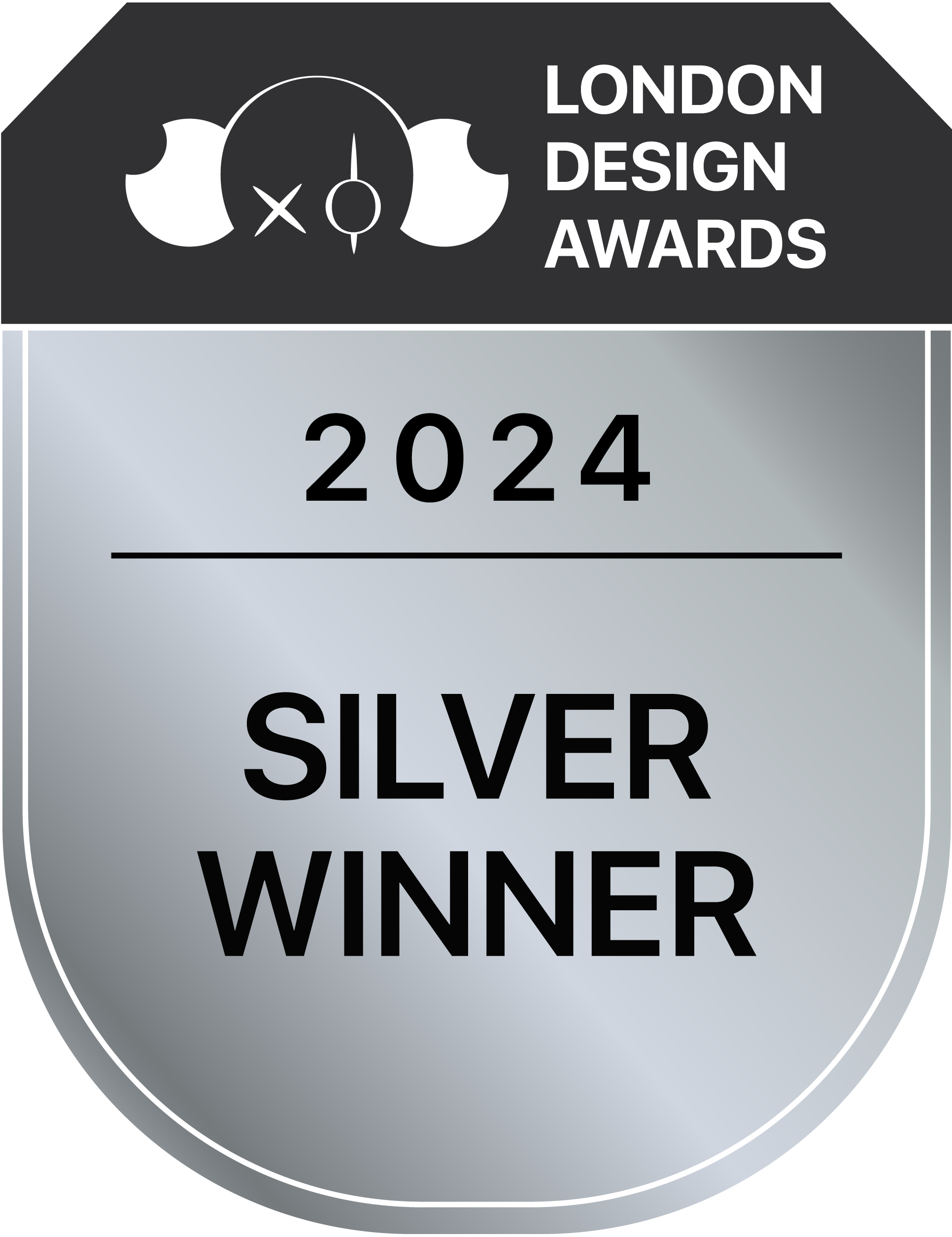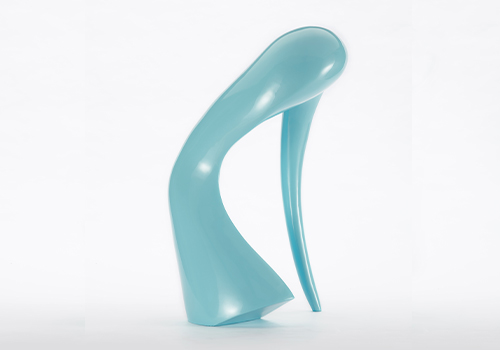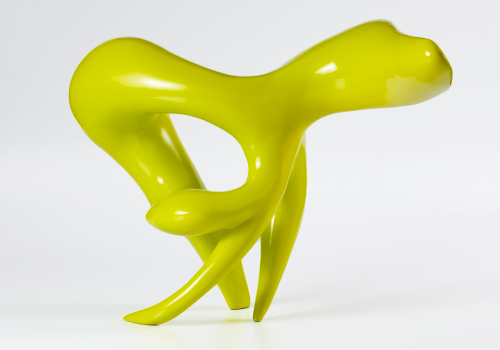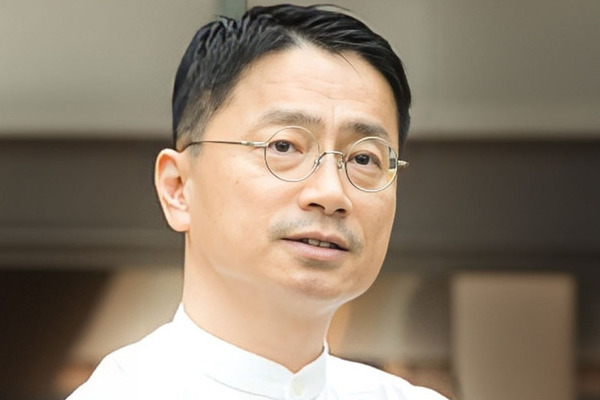
Jason Shih
1. Please give us a brief bio of yourself and your design background.
I'm Jason Shih from Taiwan. Was born there in 1972, then in 1991 I began my artistic journey specialising in metal sculpture when I was a sophomore in the Fine Arts Dept. of Taipei National University of the Arts. After graduating majoring in Metal Sculpture, I served as an assistant to the renowned metal sculptor Albert Paley while involved in crafts and public artwork practices.
I even got my Art Ph.D from the China Academy of Art, China in 2015. Currently, I'm living in Taiwan and consistently engaging in both areas of sculpture and public arts. Most of my artistic vision is shaped by a diverse array of influences, ranging from contemporary dance to avant-garde fashion.
My works are also influenced by the aesthetic principles of Futurism and Constructivism, movements that emphasise dynamic energy and continuous motion. You can see these influences in my sculptures which often depict movements, moments of defying gravity, capturing the fleet of the beauty of motion in a static form.
I want to share the various moods and stories of daily life with my creations.
2. What made you become/why did you choose to become a designer/artist?
As a professional sculptor, I like to experience the taste of life with perceptual observation in the subtle moments, and I also like the ever-changing situation of game shapes in the poetic imaginary space. For me, art creation is about sharing various moods and stories in daily life.
3. Tell us more about your agency/company, job profile, and what you do.
Humanistic thinking is derived from Eastern sentiments or oriental trends. I'm fairly skilled at translating the aesthetic insights in daily life into profound and timeless elements, gathering pure energy in concise and concise words. Hence you can see what I do mostly would adopt a simplified aesthetic that uses simplicity to control complexity.
4. What does “design” mean to you?
Design is to solve problems skillfully and solve problems perfectly.
5. What’s your favourite kind of design and why?
Originality and inspiration.
6. To you, what makes a “good” design?
Good design allows us to experience fun and be full of imagination about life.
7. How did you come up with the idea for your award-winning design?
Poetic imagination, the dynamics of light and shadow, and the rhythm of volume.
8. What was your main source of inspiration for this design?
As far as artists are concerned, I admire German choreographer Pina Bausch(1940-2009) and British costume designer Alexander McQueen(1969-2010). The former's contemporary humanistic and profound concepts of time and space inspired me to understand sculpture's ability to display kinetic energy and imagination in space. The latter gives me a freer and broader inspiration for the interpretation of contemporary images or themes.
9. Do you think your country and its cultural heritage has an impact on your design process?
Definitely has an impact on my designs, as I've mentioned that humanistic thinking is derived from Eastern sentiments or oriental trends.
10. Congratulations! As the winner of the London Design Awards, what does it mean to you and your company and team to receive this award distinction?
Thank you for the awards! Winning this award is going to further elevate my portfolio on my artistic journey.
11. What were the main challenges you faced during the design process, and how did you overcome them?
I've had many challenges but no matter what kind of task I'm given, I will focus on it and do it perfectly.
12. How do you think winning this award will impact your future as a designer?
Winning this award would elevate my career and put me even more into the international limelight.
13. What are your top three (3) favorite things about the design industry?
Favourite thing in design would be the perfect implementation of things in a scientific, kind, and artistic way.
14. What sets your design apart from others in the same category?
I've got originality and inspiration in my designs.
15. Where do you see the evolution of design industry going over the next 5-10 years?
Design originates from humanistic needs. It comes from people and will be used by people.
16. What advice do you have for aspiring designers who want to create award-winning designs?
I suggest that young designers should be brave enough to try new things in life and artistic expression methods.
17. Who has inspired you in your life and why?
I'm inspired by the kinetic energy or dynamics from the aesthetic context of Futurism (1909-) and Constructivism (1917-). The speed and continuous movement displayed by the kinetic energy of nature and animals are often full of charming energy images. Additionally, the beauty of dynamic energy itself can be interpreted in a restrained and elegant manner at the moment of defying gravity, flying in the air, and sliding.
18. What is your key to success? Any parting words of wisdom?
Focus on perfection. Meanwhile, stay open to curiosity.
